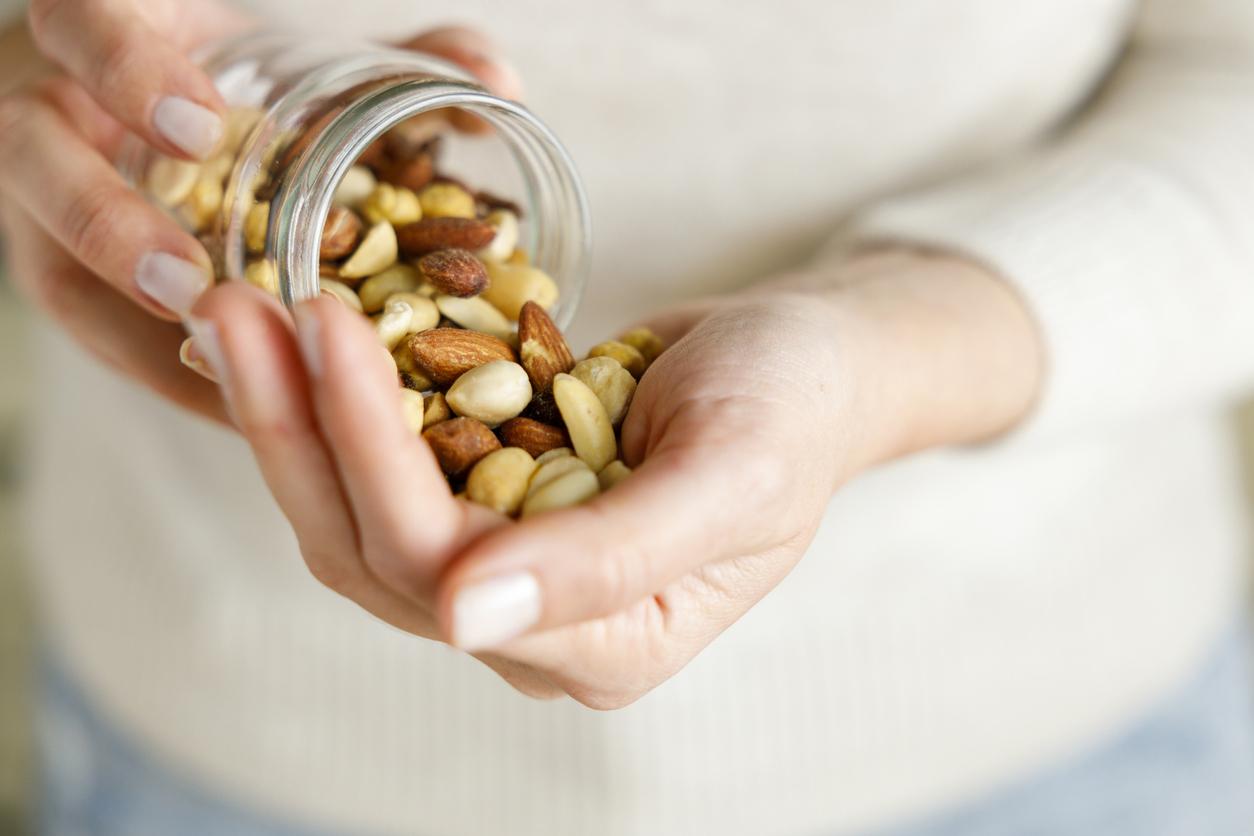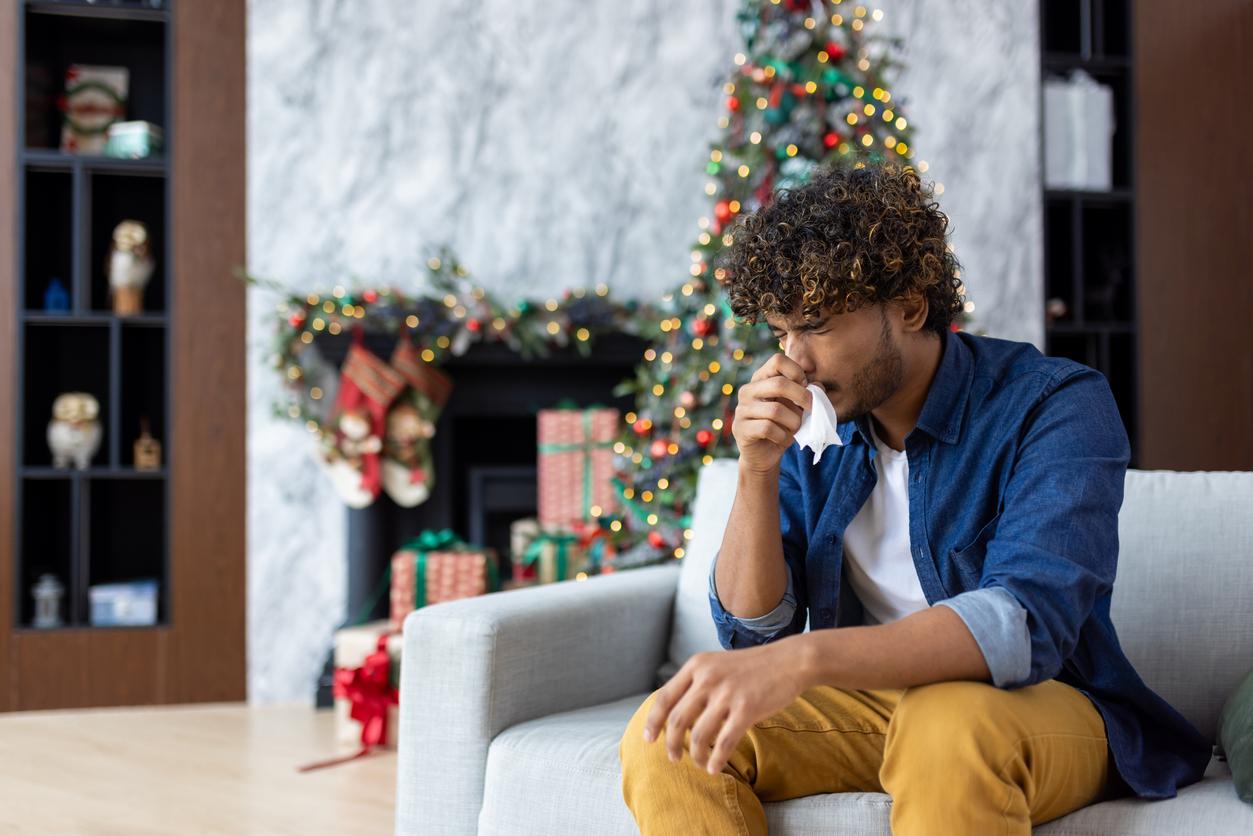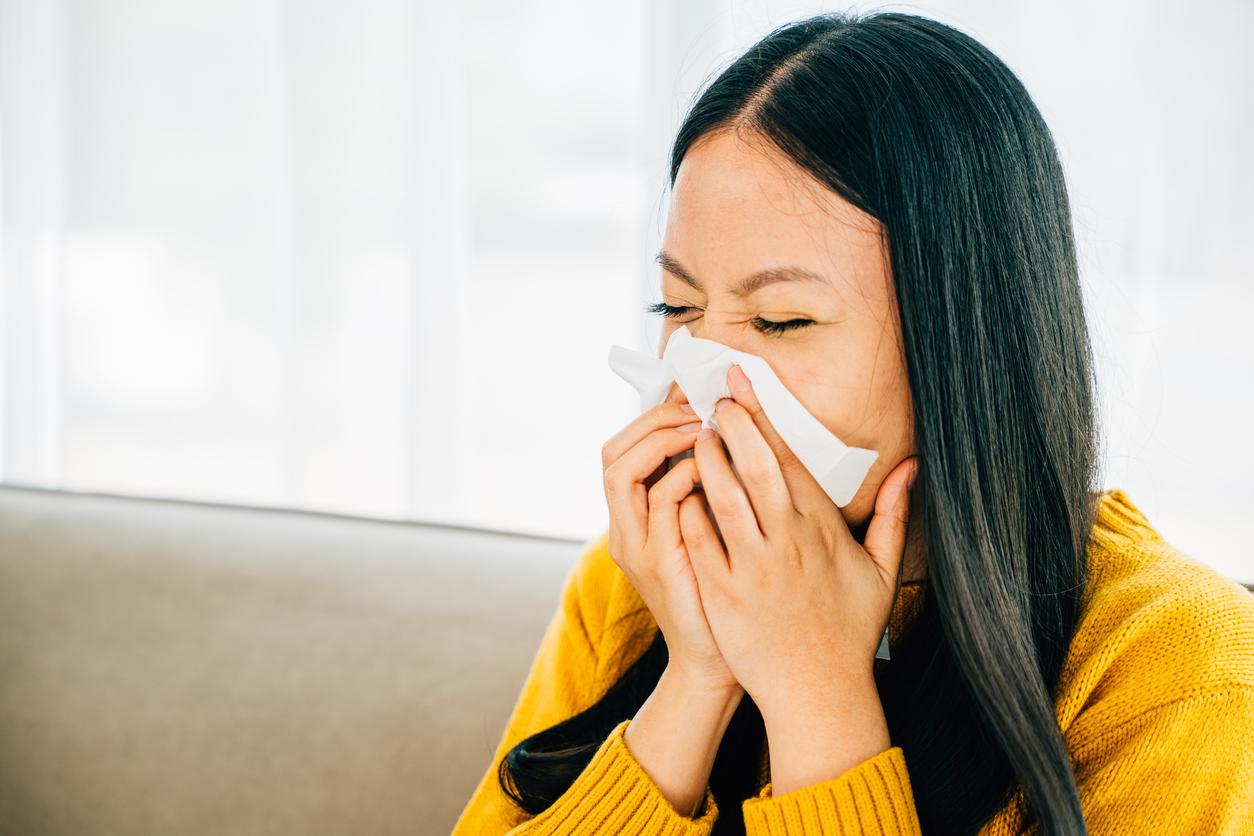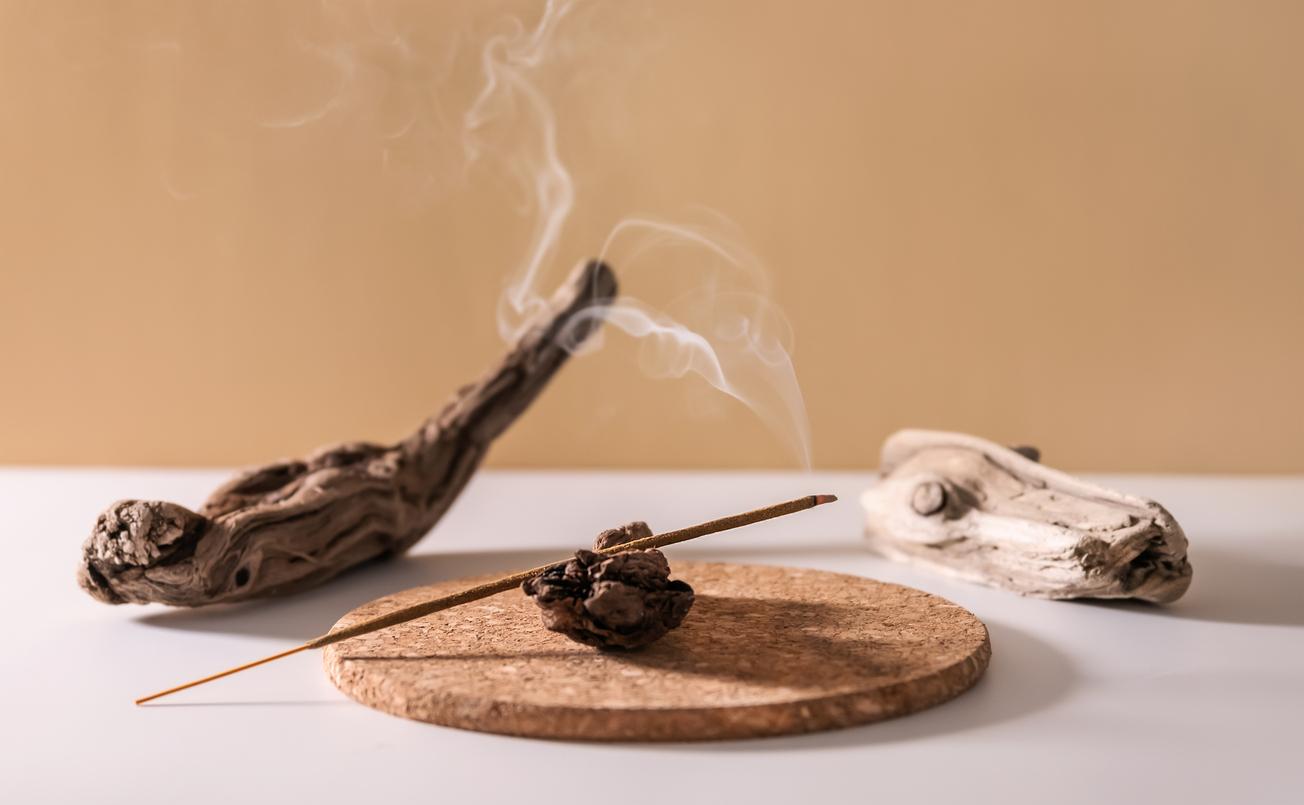The National Aerobiological Surveillance Network has placed six departments of the Grand-Est on red alert for the risk of pollen allergy. But the region is not the only one concerned since all of France is on yellow alert, a fairly rare occurrence for the month of January.
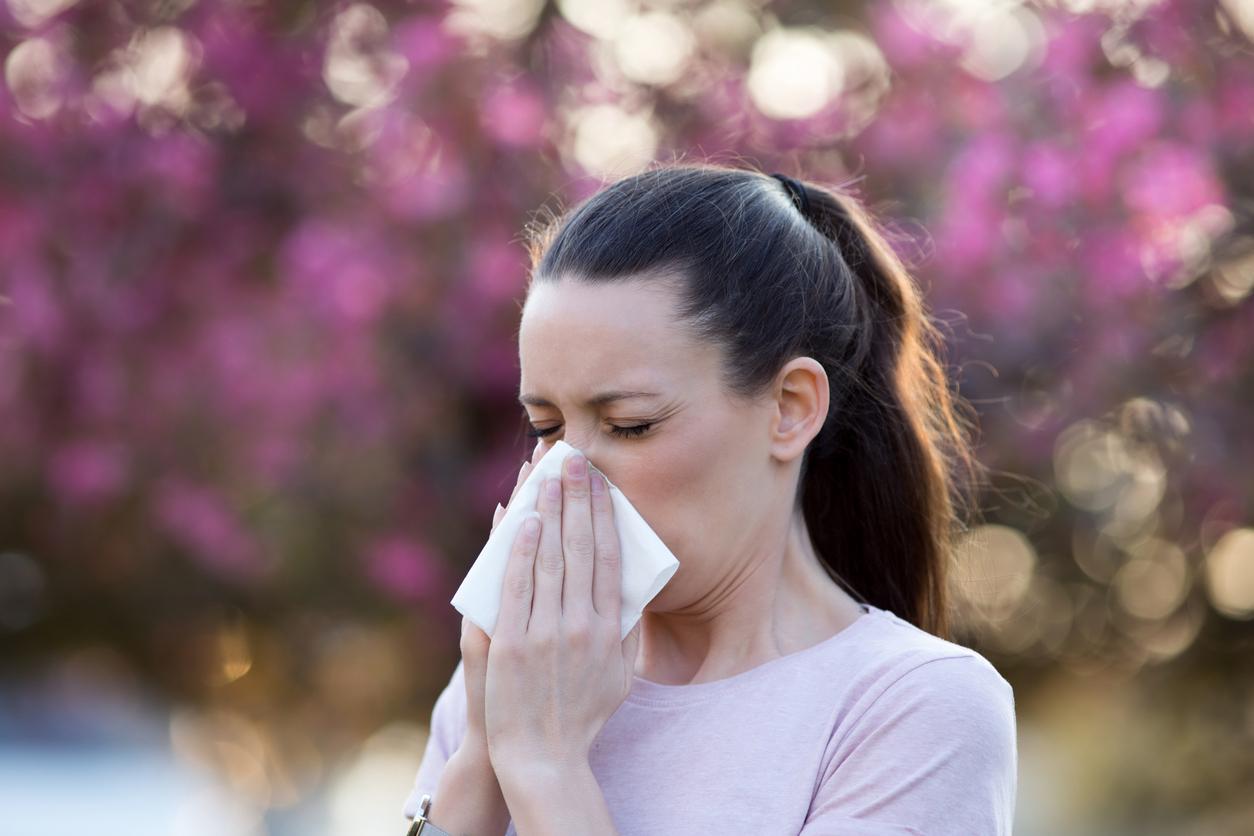
- 30% of French people are now allergic to various elements, including pollen.
- In 20 years, specialists estimate that this figure will rise to 50%, because of global warming by making the period of allergies longer and pollens more aggressive.
- Among patients with hay fever, 41% give up social, sports, leisure or professional activities.
While winter is usually cold season, it is pollen allergies that could be causing your symptoms of itchy nose, itchy throat and eyes, and headaches. Indeed, for several days, the pollen has been spreading throughout France, due in particular to the particularly mild temperatures this winter.
Pollen concentration records recorded in the Grand-Est
Six departments of the Grand-Est have been placed on red alert, the highest alert level, by the National Aerobiological Surveillance Network. The rest of the metropolis is not spared, with yellow vigilance. Despite the drop in temperatures expected this week, allergy sufferers are likely to continue to suffer the consequences of the spread of pollen.
Responsible for the return of hay fever? The flowering hazel. The latter simply only needs five degrees to release its allergenic pollen. This phenomenon would normally begin in mid-February. However, in the east of France, records have already been observed, as described by Samuel Monnier of the national aerobiological monitoring network, interviewed at the microphone ofEuropean 1. “In Strasbourg, we had 3,000 hazelnut pollen counted over a week, it’s really quite exceptional that there are so many for the beginning of January.”
Pollen allergies: advice to limit the symptoms
In the most severe cases, such high amounts of pollen can cause asthma attacks. Samuel Monnier recommends certain actions to alleviate the symptoms, such as rinsing your hair in the evening, drying your clothes indoors rather than outdoors, airing your home early in the morning or late in the evening, at some where pollen is less present in the surrounding air. Wearing sunglasses or a mask also helps protect against conjunctivitis and allergic rhinitis.
Another recommendation for allergy sufferers, from a Danish study dating from 2014, is not to go out between 4 p.m. and 8 p.m., in order to avoid peaks in pollen concentration. If you want more recommendations, a few months ago we wrote an article with four simple tips to limit allergies as much as possible, delivered by Hubert Bigot, ENT doctor, which you can read here.








